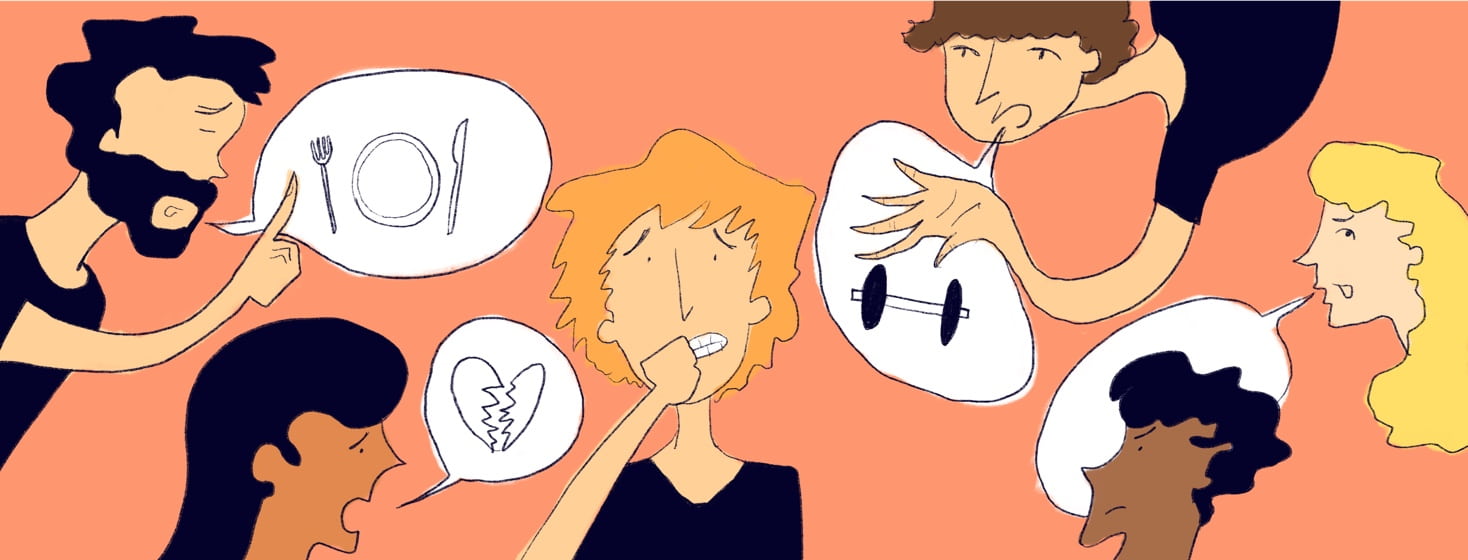Fearing the Judgement of Loved Ones
Have you ever decided not to tell your loved ones something about your health out of fear of judgment? I know I have, and so many of my chronically ill friends have too. It's so unfortunate, but many people with invisible illnesses live this way.
It's too easy to judge a book by its cover, and people with arthritis and other hidden disabilities are often told: "you don't look sick," "you're too young to be in so much pain," or "you seem to be managing fine." I understand why it happens, but it's so painful to be dismissed, especially by friends and family. So many of my chronically ill friends and I wish others would stop telling us to "just do this remedy" and "work past the pain" because "you could have it so much worse."
"Just do this"
Everyone has a cure for arthritis- or so they say. There have been so many times I've revealed my arthritis diagnosis, just to be bombarded with suggestions to do yoga and drink cherry juice to "cure" me. Or worse, people have implied that I'm causing my pain because I'm not following a special diet or using supplements. Ouch.
"You need to push through the pain"
I think the worst situation is when loved ones are not supportive of our health decisions. People with arthritis are constantly told "you just need to push through it" or "it could be worse." It's hard to work up the courage to make the decision to use a mobility aid, file for disability, or try a new treatment plan. Being told to just work past the pain makes us feel so invisible. After responses like that, it's tempting not to open up again.
How to be a good listener
If you're the loved one of someone with a chronic illness, I encourage you to learn to be a good listener. When your friend or family member is venting or visibly upset, the best thing you can do is to listen and be present with them. Tell them you love them and that you will be there. It's not to say you can't ever give your opinion, but there is a time, a place, and a compassionate way to give it. "What do you think of (insert your suggestion here)" is a great way to start a conversation about that option, for example.
And most important, please don't imply the pain is your loved one's fault or that they can push through. Avoid statements such as "if you only did this" or "it could be worse." Those statements are not comforting. We know it could be worse, but the fact is, we're still dealing with a chronic, painful autoimmune disease.
We need support
Many people take comfort in online support groups to be able to talk about their health in a supportive environment. It's great to have a community where others understand. But many of us would love to be able to talk to our loved ones about our health openly too. We want to let you know what's going on.

Join the conversation